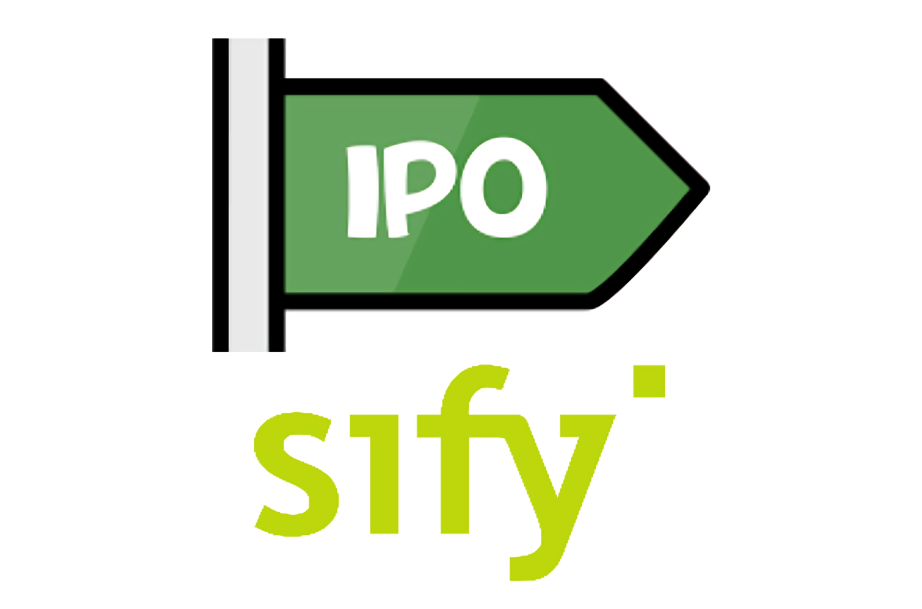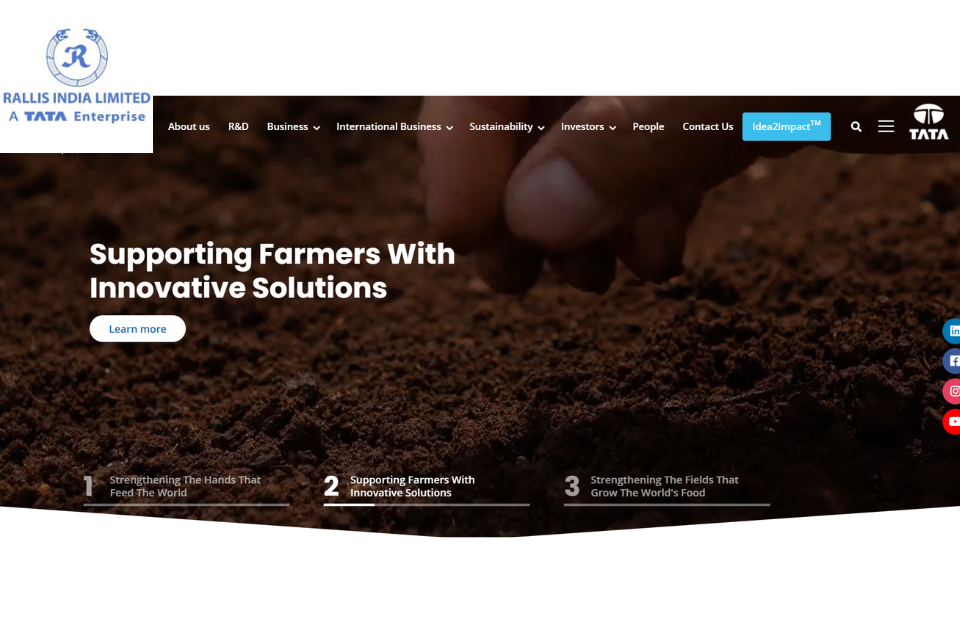Recession-Proof Models: What Zoho, Freshworks, and Postman Are Doing Differently

SUMMARY
Introduction:
In today’s world, economic ups and downs are the biggest worry for businesses. Recession is a word to describe a period when the economic activity slows down and companies start spending less. This brings tight budgets, job cuts, and slower growth. However, some companies seem to stand strong, grow, and even sail smoothly during these tough times.
Three great examples of such companies are Zoho, Freshworks, and Postman in the SaaS space. These firms have built models that not only survive tough times but often come out stronger. It shows how having a smart business model is the best defense against economic downturn. In this article, we’ll explore how these companies stay resilient when others struggle.
The Core power of the SaaS model
India’s tech scene has grown in recent years, especially in SaaS. This model enables companies to sell software over the internet via subscriptions, generating a regular stream of revenue without large upfront costs. The success of Indian SaaS firms like Zoho, Freshworks, and Postman during recessions can be attributed to tapping into India’s engineering talent pool for low-cost development while targeting customers globally.
This keeps expenses down and profits up. The company can easily guess how much money will come in each month because customers are locked into subscriptions. This stability is best when other businesses are struggling with unpredictable one-time sales. For struggling businesses, a small monthly fee is much easier than a huge one-time payment for software.
This affordability means customers are less likely to cut the service, or new customers can still afford to sign up. Their subscription model acts like a financial shield, keeping them safe when the economy gets rough.
Zoho: Bootstrapping through storms
Zoho, founded in 1996 by Sridhar Vembu, has the most unique model for recession-proofing. The firm not just offers one piece of software, but a bundle of over 50 apps, from Customer Relationship Management and email to accounting. Zoho is like an “operating system” for businesses. Its approach is built on frugality and customer value.
Zoho’s winning recession strategy
Zoho’s way to tackle recession is simple: save smart and innovate hard. Easy “One-Stop-Shop” benefit; In economic challenging times, organizations tend to think about keeping things together and saving money in every way they can. With Zoho, a company can swap multiple pricey software subscriptions, like one for email, one for sales and another for finance, with a comprehensive set that’s more economical.
And this value-for-money proposition is particularly more appealing in a recession. Zoho has long eyed small and medium businesses. This is a very price-sensitive market, and Zoho has pricing to fit this segment. During recessions, huge enterprise deals might slow down; however, the vast number of small businesses tackle it by providing a stable and growing customer base.
Zoho is known for bootstrapping, or growing without outside capital. This means they are not under constant pressure by shareholders to generate short-term profit, and can therefore keep their prices down. It also allows the firm to remain focused on long-term value rather than short-term profit-making, even if that results in less flashy growth. This financial discipline is a major shield against economic downturns.
Freshworks: Scaling with subscriptions
Freshworks primarily focuses on customer and employee engagement software, like helpdesk support and IT service management. This focus makes their products essential, even in a slowdown. The company was established in Chennai in 2010. Their subscription services provide financial stability as users start from free, then upgrade to premium.
Freshwork’s recession-proof edge
In an economic downturn, businesses become obsessed with making their existing customers stay, as acquiring new customers is harder and more expensive. Tools like those offered by Freshworks are an important part of that, because if companies want to retain customers, they need to be able to deliver customer service quickly and well.
The company ensures that its products are user-friendly with advanced features like AI tools. They offer high value with less cost, which is a convincing sales tactic when budgets are tight. With a user-friendly interface and easy setup, business owners can use this software in no time. Speed is key during a recession as companies don’t have months to spend on complex deployments.
Postman: Freemium magic in the API world
Unlike Zoho and Freshworks, Postman doesn’t sell CRM or helpdesk services. It offers a fundamental tool for software developers, which helps them build, test, and manage APIs. The digital connections allow different software systems to connect. It is like a playground for building app connections. The freemium model lets developers test APIs for free. The firm offers affordable tools and services.
What makes Postman unique?
It is the most important tool for any developer; without it, they won’t be able to do the job efficiently. Software development and digital transformation are the things that continue even in a recession; the postman’s tool remains an essential, non-negotiable part of the budget. The firm’s basic product is completely free to use; trying it gets people hooked on the tool.
The strategy to offer a free tool at first works excellently. When the company grows, its need for Postman’s advanced services also grows. The development team needs more advanced features, security, and collaboration tools; to access them, they must upgrade to a paid plan.
The free tier model is a huge magnet during recession times, ensuring an increased customer base for premium services once the economy improves. Developers love Postman’s tools and services, so they refer them to others, reducing the need to spend on expensive advertising and marketing. This keeps the company’s costs low while boosting its services organically.
Lessons for all businesses
The models and strategies used by Zoho, Freshworks, and Postman show how a business can not only survive but also thrive during a recession. The thing a business owner must focus on while starting their company is that the service they offer solves some crucial problems. They can also use a subscription model to keep customers interested.
Affordable products are the most important factor for any successful business. Avoid unnecessary spending and focus on sustainable growth instead of short-term profit. Lean operations; bootstrap means there won’t be any pressure from investors for short-term profit. Another thing to notice is how all three companies have a customer-first mindset and prioritize retention over endless acquisitions.
Conclusion:
Economic ups and downs are normal; they can hurt businesses badly. However, these companies prove that the right business model is the ultimate shield. Zoho, Freshworks, and Postman show recessions are a way to test a business. They are the best example of how a right business model can turn these economic downturn challenges into opportunities. The article mentioned how these three companies operate differently from others to overcome recessions.
FAQs:
What does “recession-proof” mean for a company?
It means the company can survive and grow even when the economy is weak or slowing down.
How are companies like Zoho, Freshworks, and Postman staying strong during tough times?
They focus on steady growth, low costs, and products that customers truly need.
Why is Zoho often called a “self-reliant” company?
Because it avoids heavy external funding and builds everything in-house, keeping control and costs in check.
What makes Freshworks stand out during a slowdown?
Freshworks keeps expanding globally with affordable software that helps businesses save money.
How is Postman different from other tech startups?
Postman’s API tools are essential for developers, making it useful even when companies cut other costs.
Do these companies depend on foreign investors?
Not much — Zoho and Postman, for example, focus on strong revenues instead of big funding rounds.
Why is customer trust important in a recession-proof model?
Loyal customers keep using the product even when budgets are tight.
How do these companies manage expenses during slowdowns?
They control spending, invest in innovation, and avoid unnecessary hiring or marketing.
Are Indian SaaS companies more stable than others?
Many are becoming more stable because they combine global reach with cost-effective operations.
What can startups learn from Zoho, Freshworks, and Postman?
To grow sustainably, focus on value-driven products, and spend wisely — not just fast.
Note: We at scoopearth take our ethics very seriously. More information about it can be found here.
















